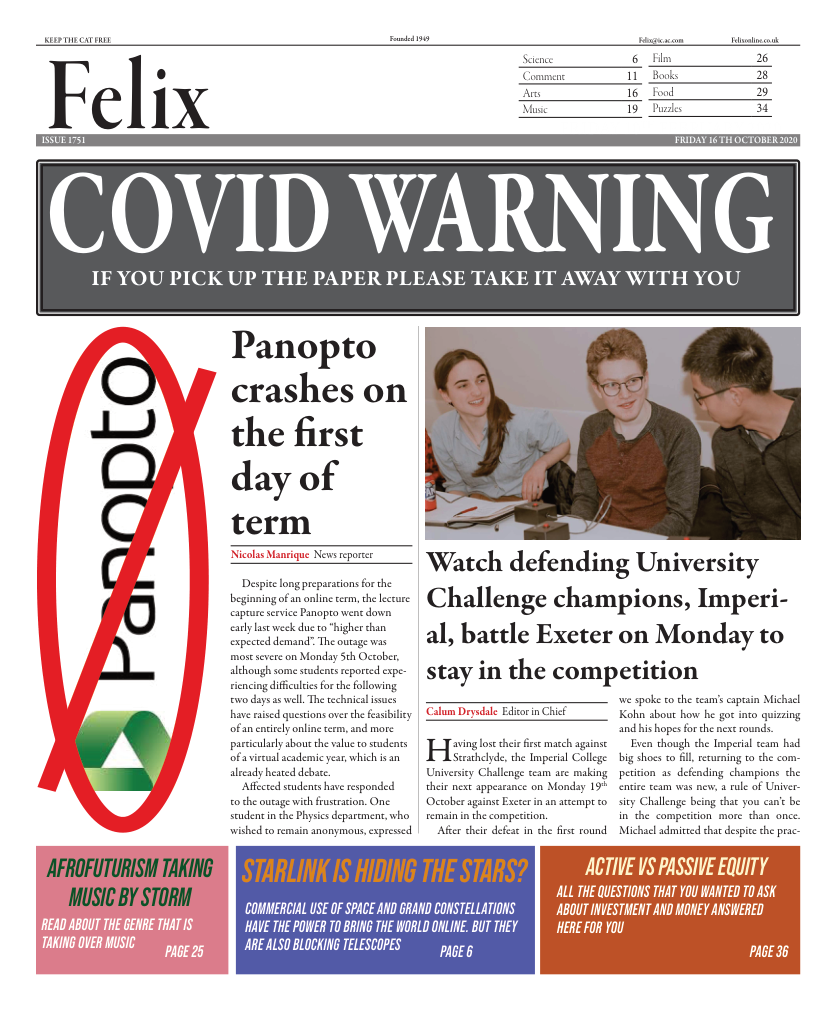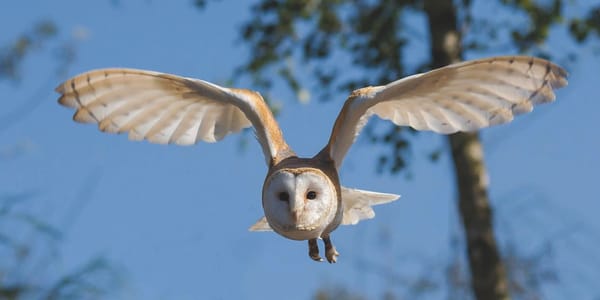Should we really be picking wild mushrooms?
Read about Senior Sustainability Editor Flora Dickie's boundary breaking mushroom experience
I recently had a boundary-breaking experience during a moment of inter-species reconnection.
Recently I visited my local woodland and had the luck of coming across wild herbs, nuts and vegetables. Overjoyed at the discovery, I foraged a stem of fennel, plus a couple of small courgettes and their bright yellow flowers making sure to leave plenty for others to enjoy. Once back at home I noticed I cooked the plants with more care than usual, the flavours were so much more complex, stimulating a new variation of stomach neurons and blessing the diversity of my gut flora. But how sustainable is it for people without a real necessity to forage and hunt wild foods?
Eating wild foods makes more apparent our relation to other species with whom we share the earth, reminding us that we too are wild nature. Having this connection is vital, as scholar Gina Rae La Cerva writes, ‘to be alienated from wild nature is to be alienated from ourselves’. Foraging wild foods allows us to comprehend the complex connections of an ecosystem and millions of years of evolution that led to the growth of something we can eat.
As we are increasingly living in urban and suburban settings without any connection to wildness, most of us live in a state of disconnection from other species, and experiencing wildness has now become a luxury. Yet this connection is so vital as studies on biophilia have shown how exposure to wildness reduces stress and anxiety and increases happiness.
Most of us do not rely on wild foods for subsistence, so the wild food resurgence we see, especially in the Global North, is not out of need but appetite. As we long for a sense of wildness no longer present in our lives, wild foods have become fetishised and commodified as a delicacy.
Eating wild food makes more apparent our relation to other species with whom we share the Earth, reminding us that we too are wild nature
Wild foods now being a luxury item is a product of disaster capitalism, which has ended up ultimately destroying most wild areas and created the marketisation of all aspects of life. If this wasn’t problematic enough, niche markets of wild foods are actually destructive to ecosystems in the way they harvest crops or animals, and the irregularity of nature is incompatible with industrial growth.
The trend of picking wild mushrooms has really grown over the past decade with an increasing number of commercial collectors ransacking whole woodlands of their fungal species. Not only does this removal cause negative short-term effects on the populations of fungi, but it also damages the woodland long-term, as fungi have so many interconnected roles in maintaining the functioning of an ecosystem such as recycling nutrients, being a host for invertebrates and providing food source to animals. Epping Forest in London is known for having an abundance of mushrooms some years, but the Forestry Services of London highly advise against people foraging, 'We welcome people visiting the forest and admiring the many fascinating shapes, forms and colours the fungi world has to offer, but please leave them there for the next visitor and future generations to enjoy.’
1 million people depend on wild food for subsistence
It is not viable for us all to depend on wild foods; however, we can re-wild our agricultural systems through the incorporation regenerative principles and increasing species diversity. At the same time, we can improve accessibility to healthy foods to create abundance and mutual thriving for all. This action of transformation is necessary for food and environmental justice, and it isn’t a problem for the future, change is needed now.
Our current global agricultural system does not serve to provide for all as it was designed for profit-making from the beginning of industrialisation. Climate change is decreasing agricultural yields, so in some parts of the world, wild foods are essential for food security. One million people around the globe depend on wild foods for subsistence, which are mainly procured by women bearing essential ecological knowledge, and a much deeper understanding of the cycles of networks that feed and water us.
So, if we don’t depend on wild foods for subsistence, from time to time it is ok to pick the occasional blackberry to eat yourself, but we should not be supporting the marketisation of wild plants, animals and fungi as we have already taken too many fish from the sea.
This article was inspired by the For
the Wild podcast hosted by Ayana Young and the book ‘Feasting Wild’ by Gina Rae La Cerva, a geographer and environmental anthropologist.









